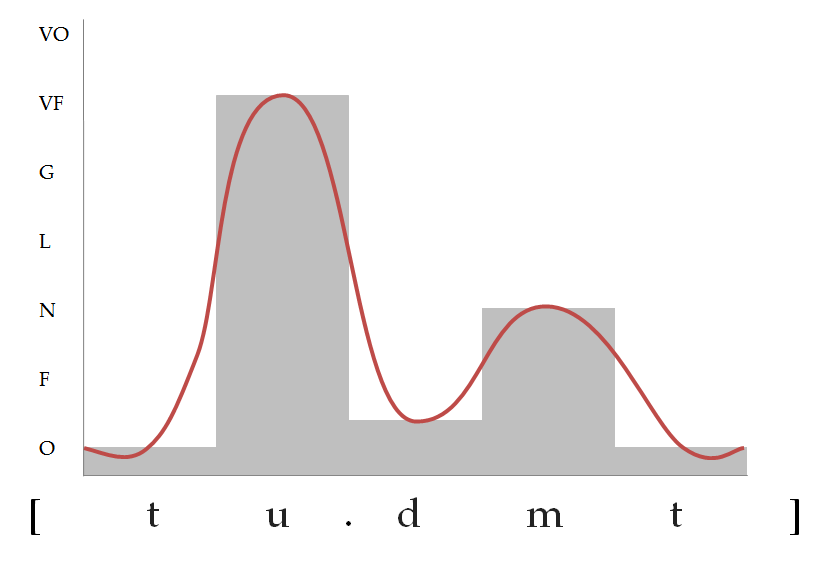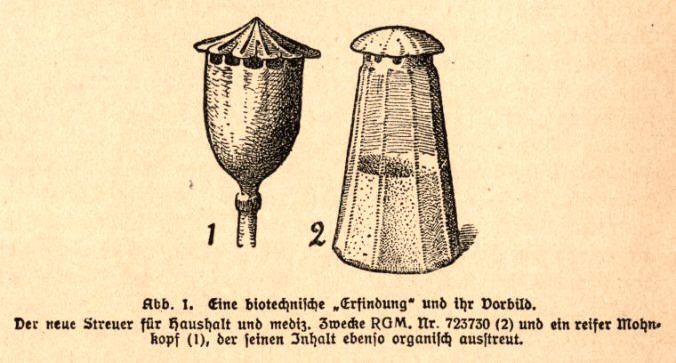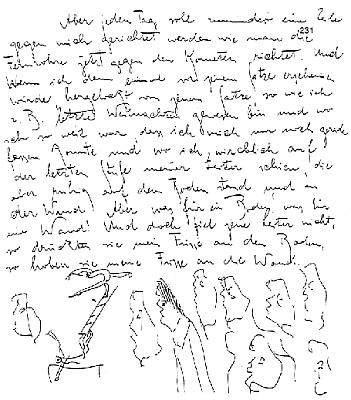Yesterday, I attended a small Linguistics colloquium lead by Gaja Jarosz concerning Sonority Sequencing in the Polish language. After listening somewhat intently, taking some notes and completing some Google searches, I had more or less figured out what these words meant and so I’ll attempt to explain the results of this research. Jackson, I apologize in advance for my attempt at explaining linguistics ☺
Click to read on…
This week’s update centers around a single book, the story of how I got it, what I learned from it, and what I’m now doing with it. The book is called „Die Pflanze als Erfinder“ (The Plant as Inventor), and was written in 1920 by Austro-Hungarian Botanist Raoul Heinrich Francé. In it, Francé lays the ground-thoughts for what he called, and we today still call, Biotechnics (Biotechnik), the study of the structural machinery (seed dispersal, water-pumping, heating, etc.) developed by plants.
Click to read on…
This week I had a very interesting experience that gave me some insight into the process that this university uses to evaluate potential professors. My professor is a prominent member of the philosophy department, and had to attend a talk given by a prospective professor, Matthias Haase from Universität Leipzig. My class was invited to attend the talk in order to see firsthand what it’s like to try to become a philosophy professor at the University of Chicago.
Click to read on…
One of the courses I’ve been taking this quarter has me working pretty closely with some of Franz Kafka’s lesser-known stories, sketches, aphorisms, and diary entries. As a result, I’ve been spending a lot of time in the PT2621.A26 section of our library, where all of the books written by Kafka, written about Kafka, or written about about books written about Kafka (Academia can be confusing, sometimes) are stored. While poking around for some material about a story I was reading which is sometimes called „Der Jäger Gracchus“ (The Hunter Gracchus), I discovered that not-only was the story never published during Kafka’s Lifetime, like most of his work, but that it was never even finished or edited by Kafka himself—it was simply pulled from some of the notebooks discovered in his desk after his death by his friend and editor Max Brod. These notebooks are now part of a collection called the Franz Kafka Ausgabe (FKA) and our library has a complete collection of their facsimiles, published by Stroemfeld Verlag.
Click to read on…
This week I want to talk about my Economics of Education class. Derek Neal, a distinguished researcher in the Economics Department at UChicago, teaches the class. The class has been supremely interesting and has been structured as follows (in Professor Neal’s words): why schools are shitty, why attempts at making them less shitty have been unsuccessful, and how to actually make them less shitty. I’m going to tell you about Professor Neal’s idea to actually make schools less shitty – which is (unsurprisingly) actually a really, really great idea.
Click to read on…
This week I found myself in a rabbit hole of information about small flowers called Chrysanthemums (Don’t worry Mom and Dad, I was still studying as well). In learning about the chrysanthemum, I feel as if I’ve accidentally stumbled into a world of, what I suppose could be called: “cultural biology.”
Click to read on…





